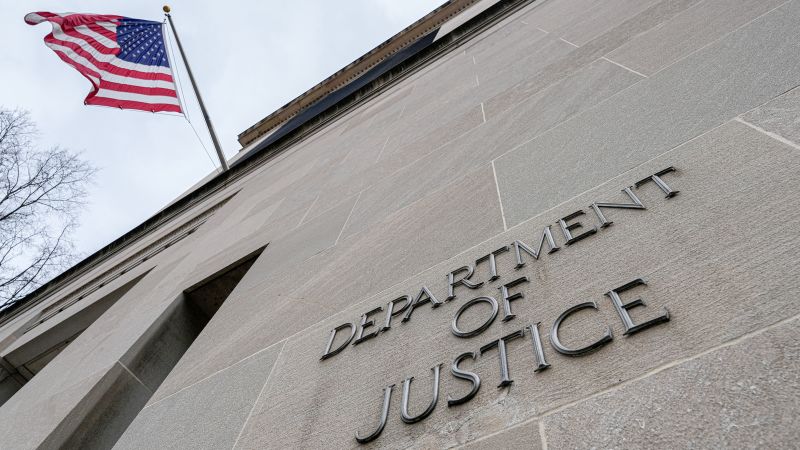Yaroslav Vasinskyi, a Ukrainian national associated with the ransomware gang REvil, was sentenced to more than 13 years in prison and ordered to pay $16 million in restitution for his role in conducting over 2,500 ransomware attacks that demanded over $700 million in ransom payments. Among these attacks was the deployment of ransomware on Florida-based software firm Kaseya, which infected up to 1,500 businesses globally and forced some to shut down for days. The attack highlighted how ransomware groups can exploit supply-chain dependencies to disrupt businesses.
Vasinskyi, also known as Rabotnik, was arrested at the age of 22 in Poland and extradited to the US. He pleaded guilty to conspiracy to commit fraud and related computer crimes, as well as conspiracy to commit money laundering. Deputy Attorney General Lisa Monaco stated that Vasinskyi deployed the REvil ransomware variant to demand hundreds of millions of dollars from U.S. victims. The Department of Justice is committed to bringing to justice those who target U.S. victims and disrupting the broader cybercrime ecosystem.
Vasinskyi was charged alongside Russian national Yevgeniy Polyanin, another alleged REvil operative, in connection with the ransomware attacks. US authorities seized at least $6 million in funds allegedly linked to ransom payments received by Polyanin as part of their investigation. The Treasury Department also imposed sanctions on Vasinskyi and Polyanin, as well as on a cryptocurrency exchange that allegedly moved money for ransomware operatives.
The 2021 ransomware attack orchestrated by Vasinskyi and other REvil operatives affected hundreds of businesses in the US and abroad, causing significant disruptions to their operations. The severity of the attack led to Vasinskyi’s lengthy prison sentence and hefty restitution fine. The incident highlighted the growing threat of ransomware attacks and the importance of holding perpetrators accountable for their actions to protect businesses and individuals from future attacks.
The collaboration between the US and international authorities in apprehending Vasinskyi and Polyanin demonstrates the global effort to combat cybercrime and hold ransomware operators accountable. The extradition of Vasinskyi to the US and subsequent legal proceedings emphasize the serious consequences faced by individuals involved in ransomware attacks. The sanctions imposed by the Treasury Department on the individuals and entities involved in the ransomware operations further underscore the US government’s commitment to disrupting and dismantling cybercriminal networks.
Despite the challenges posed by cybercrime, the successful prosecution and sentencing of individuals like Vasinskyi send a clear message that this criminal activity will not be tolerated. The case serves as a warning to other potential ransomware operators about the legal ramifications of their actions and the collective efforts of law enforcement agencies to track down and prosecute those responsible for cyber attacks. By holding individuals like Vasinskyi accountable, authorities aim to deter future ransomware attacks and protect businesses and individuals from falling victim to such crimes.













